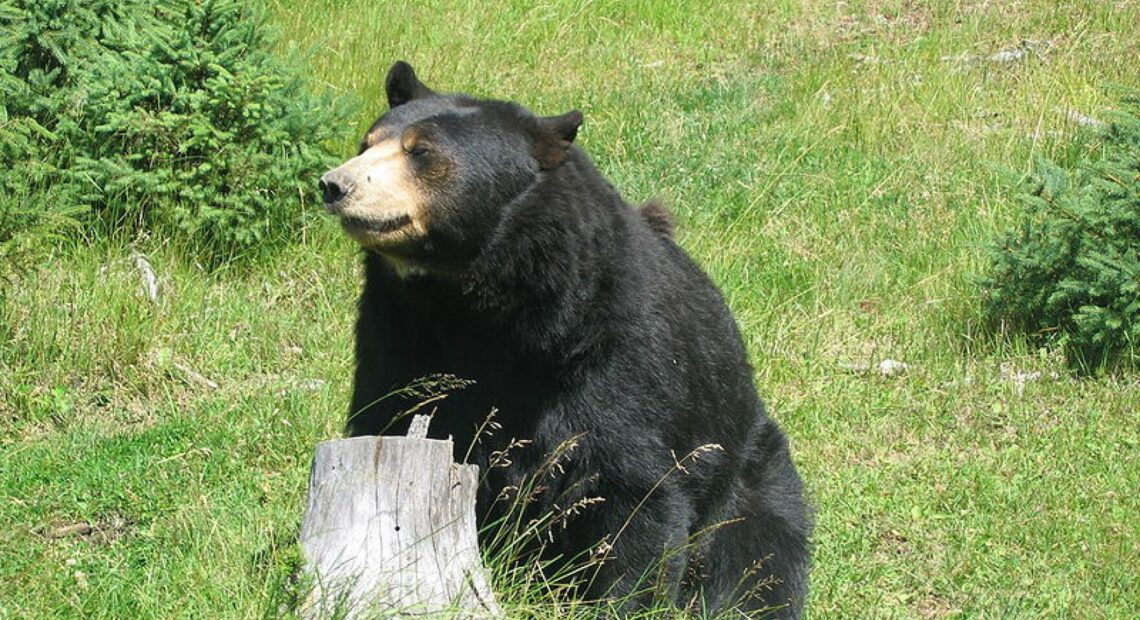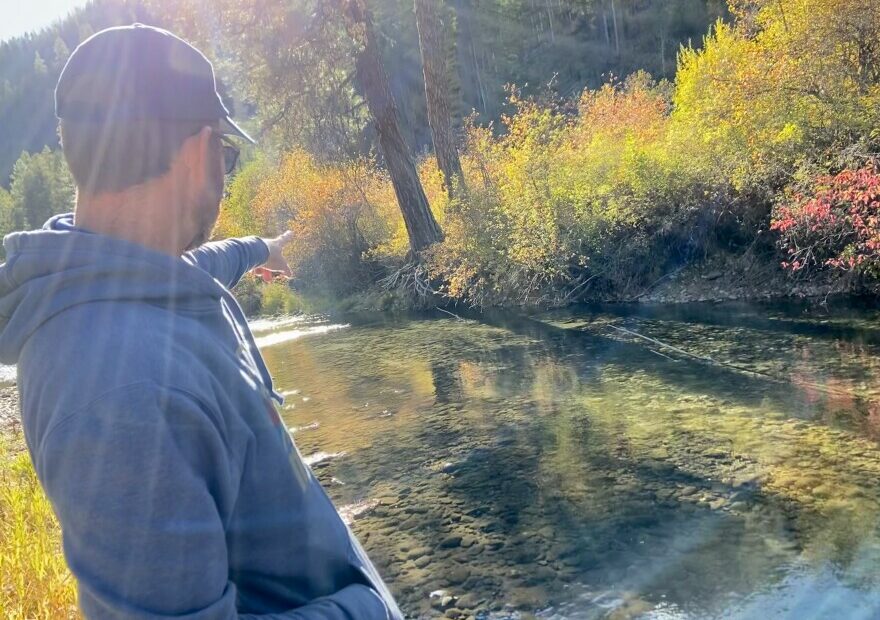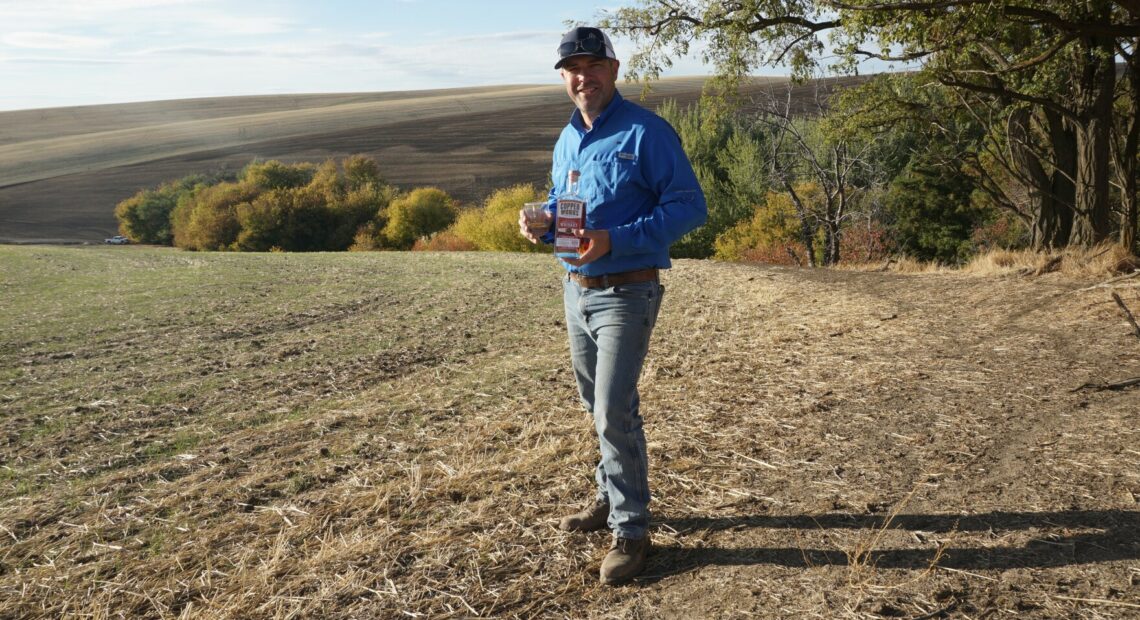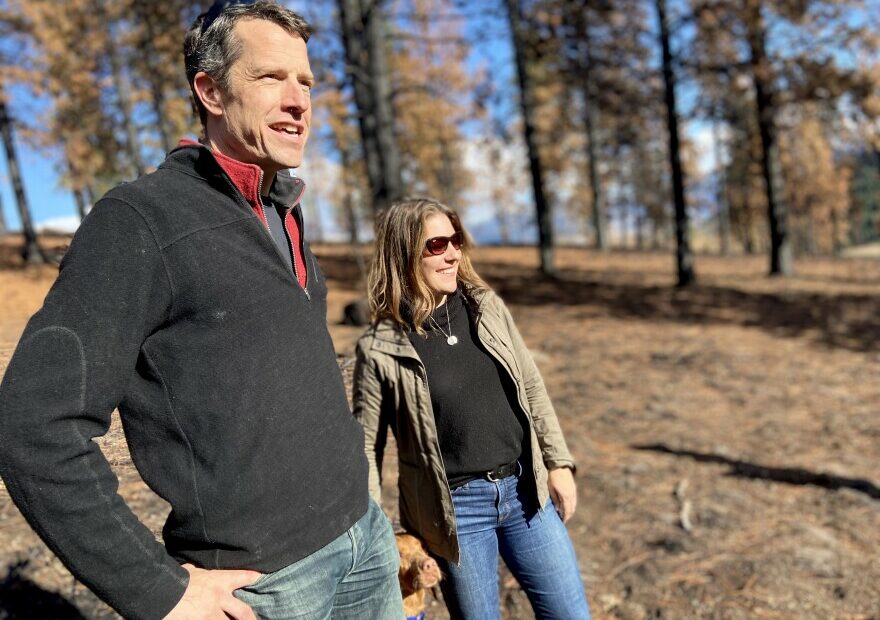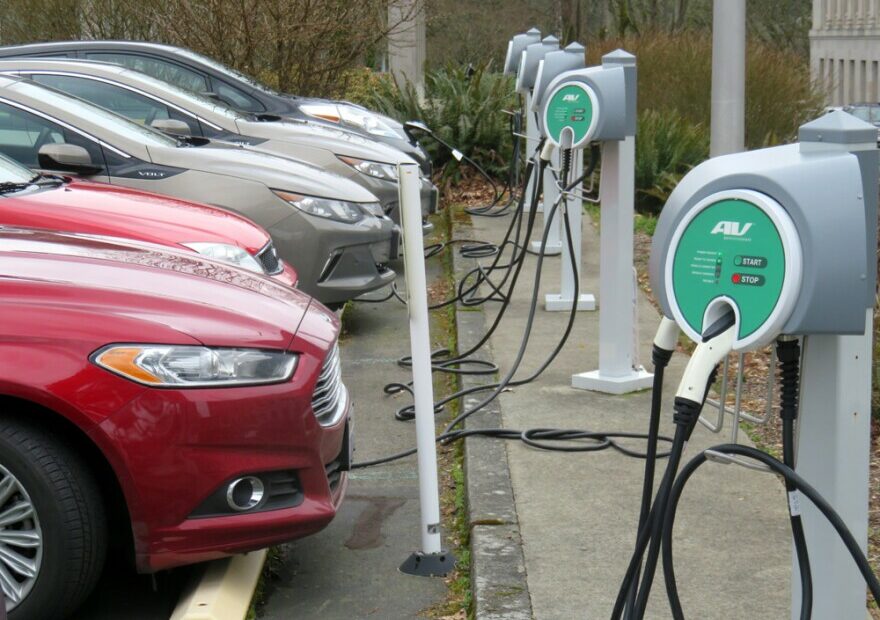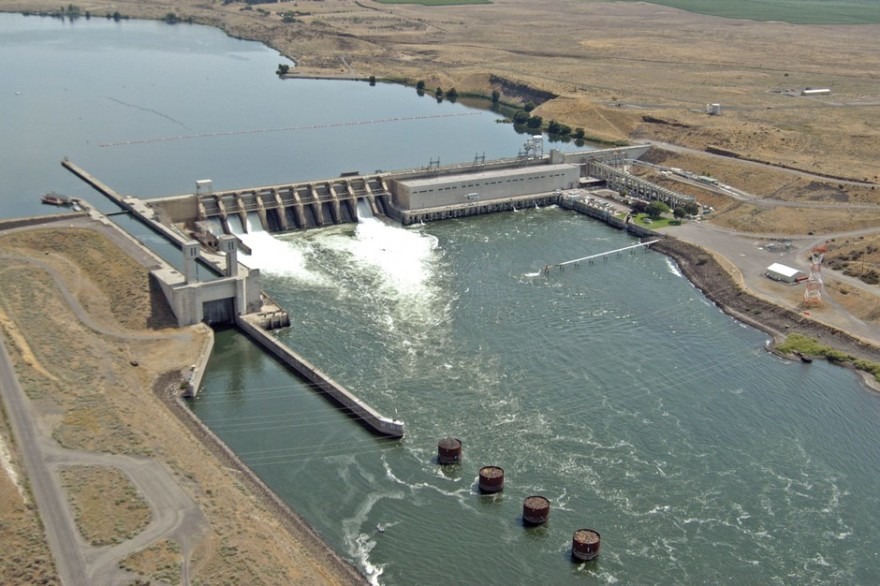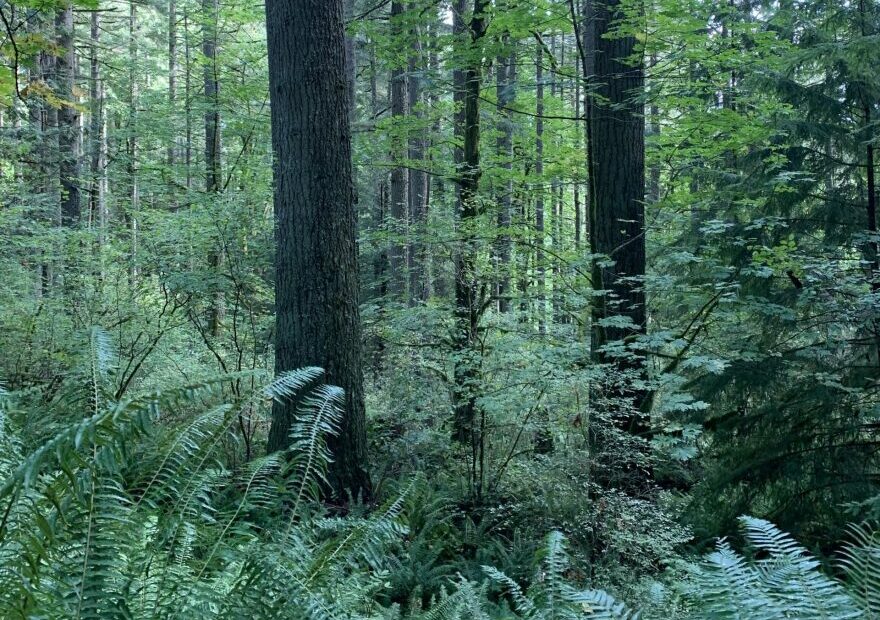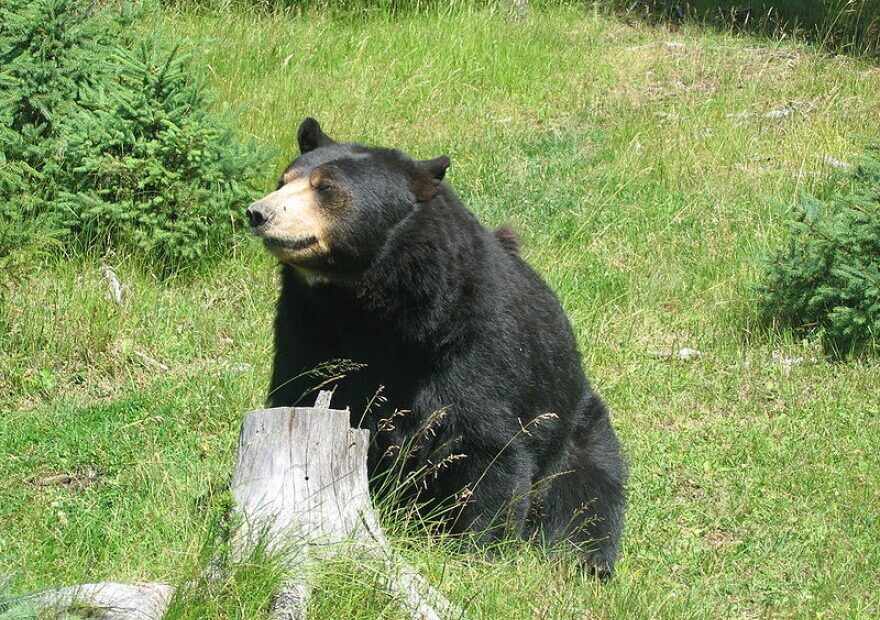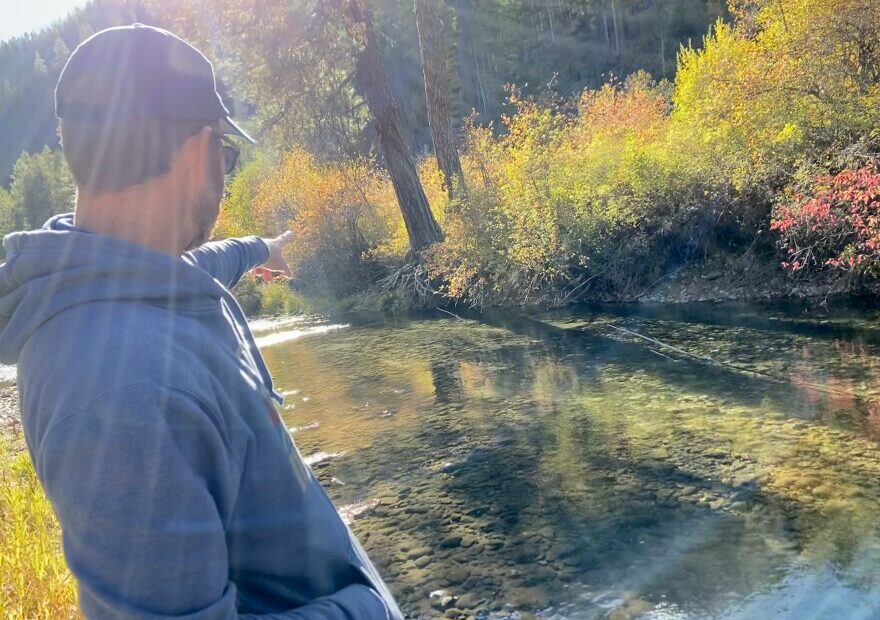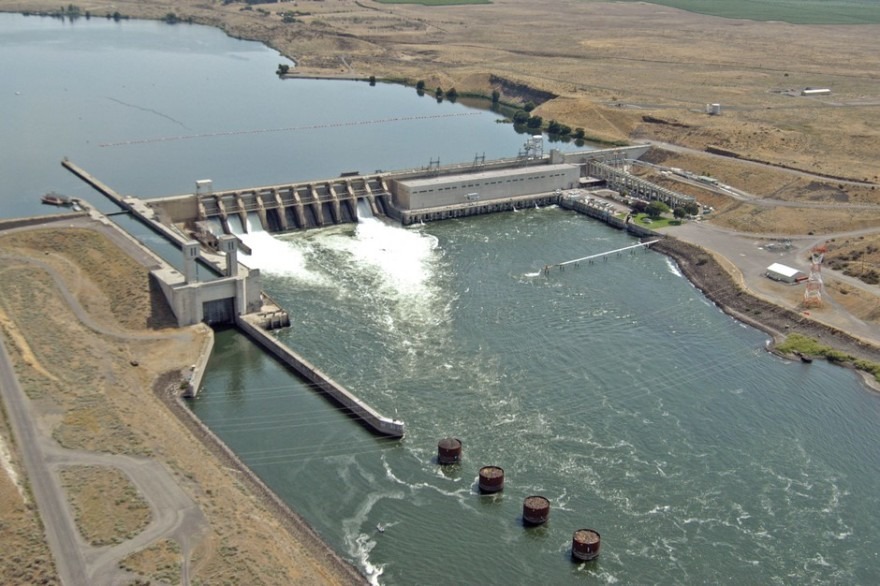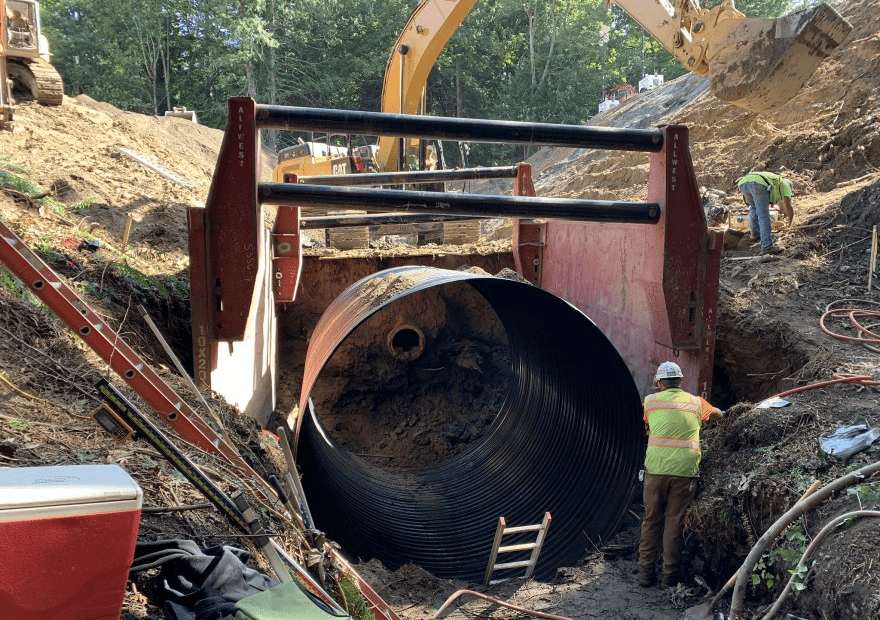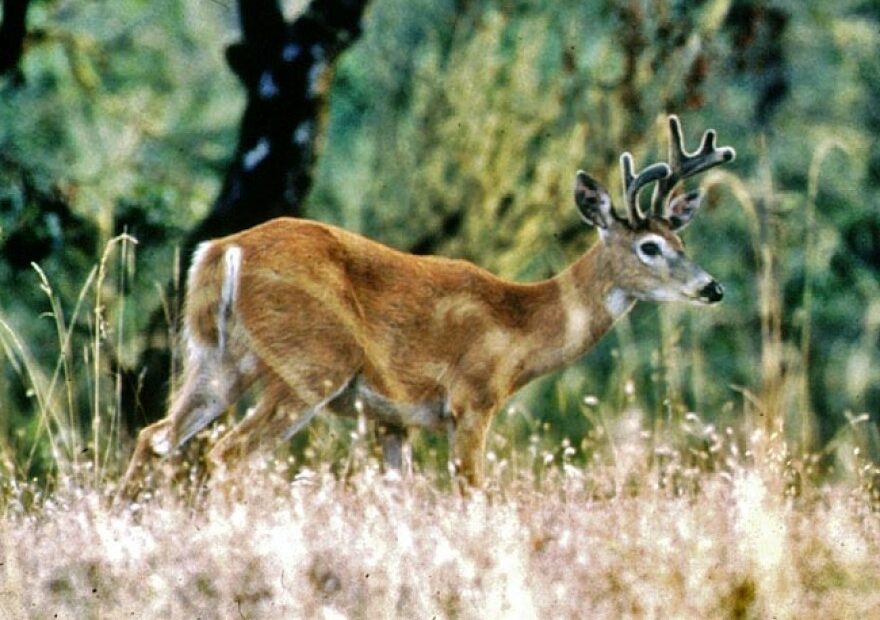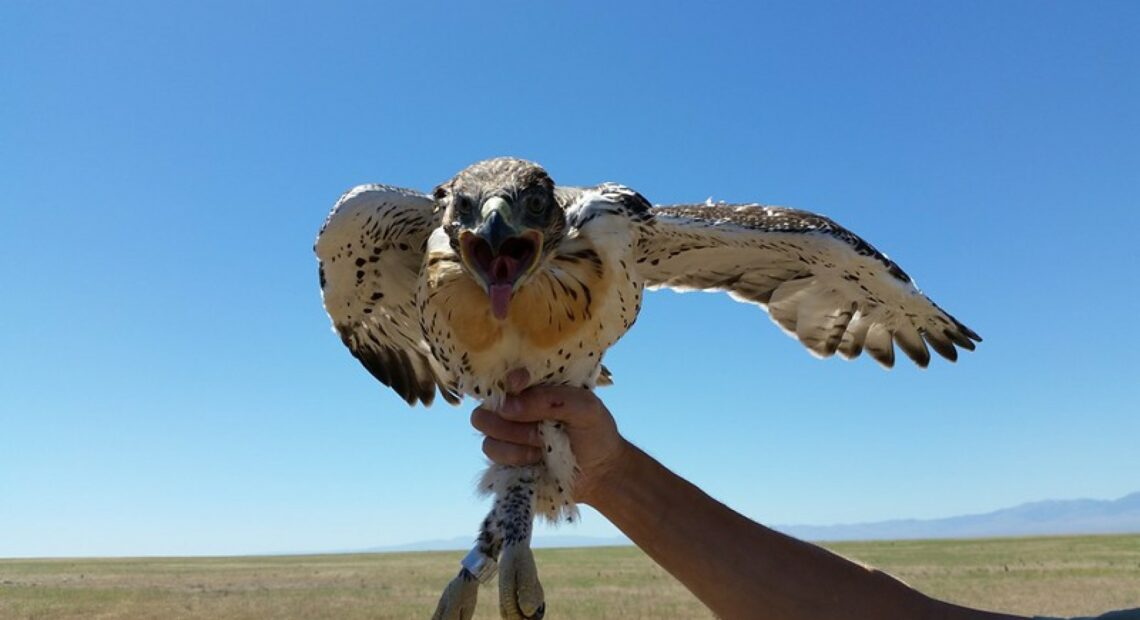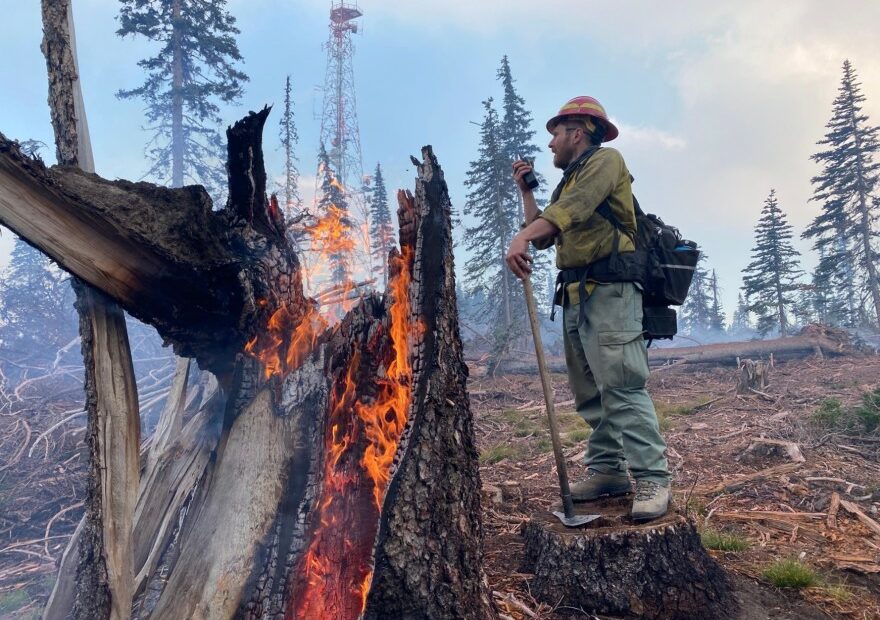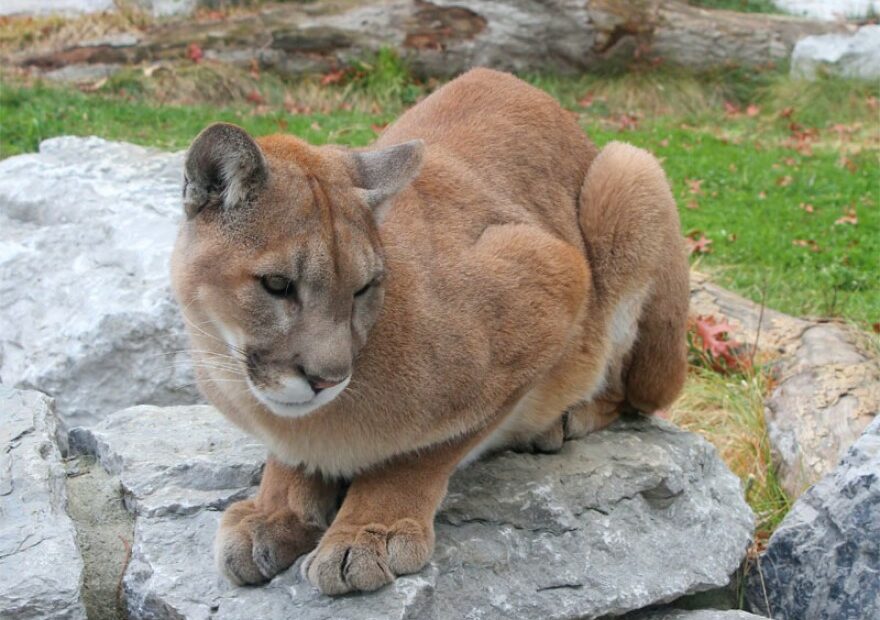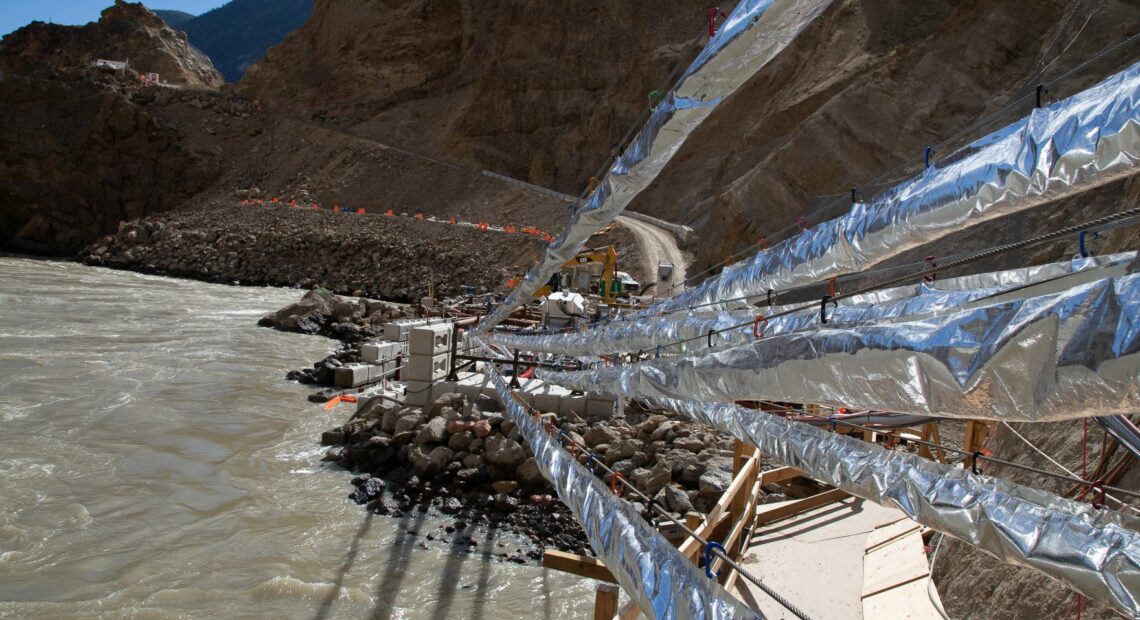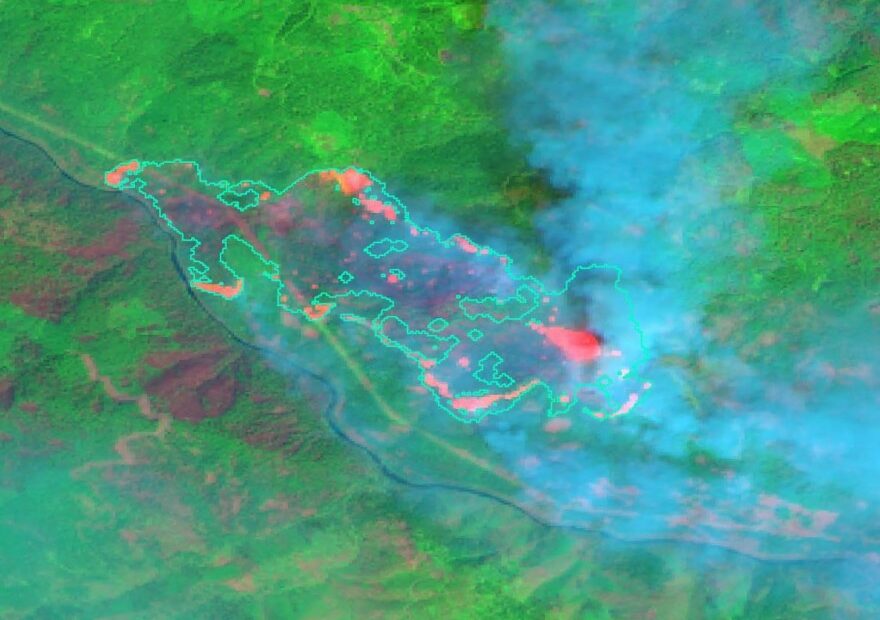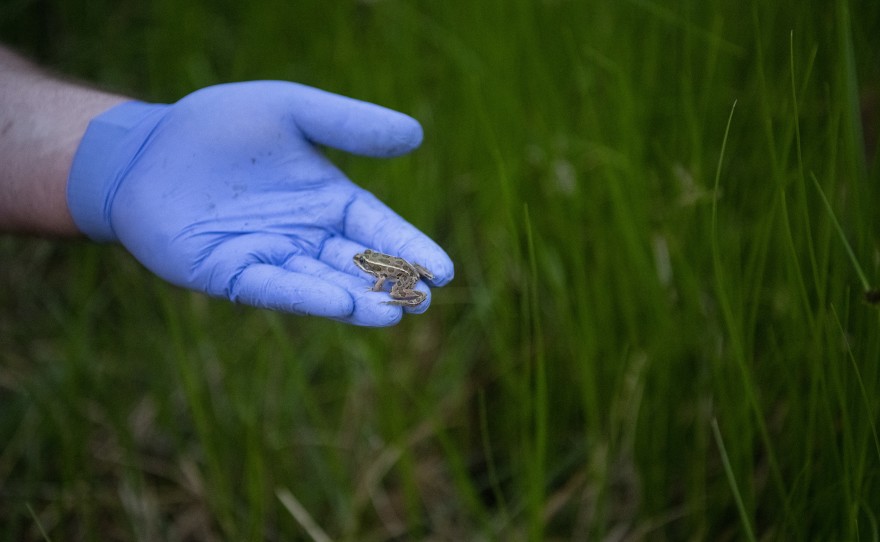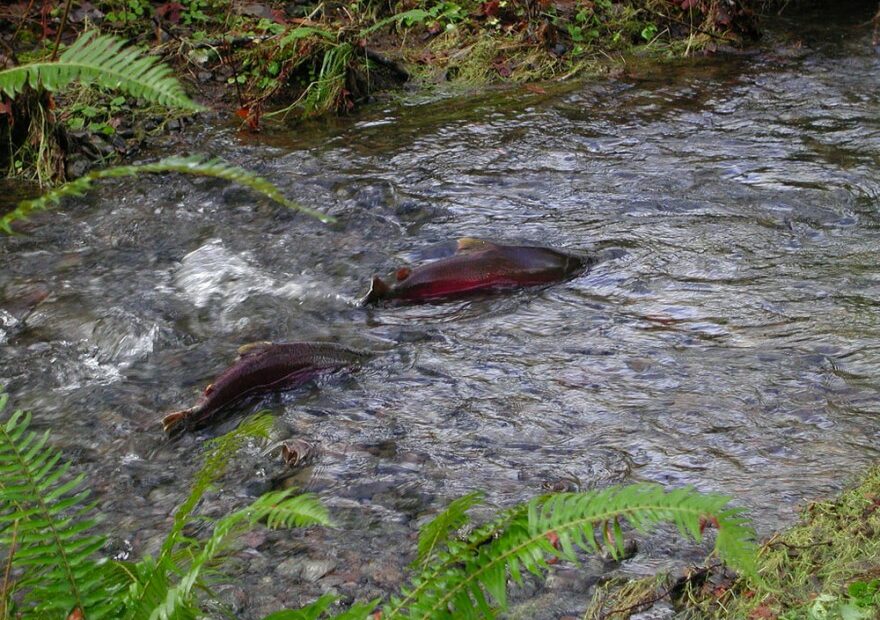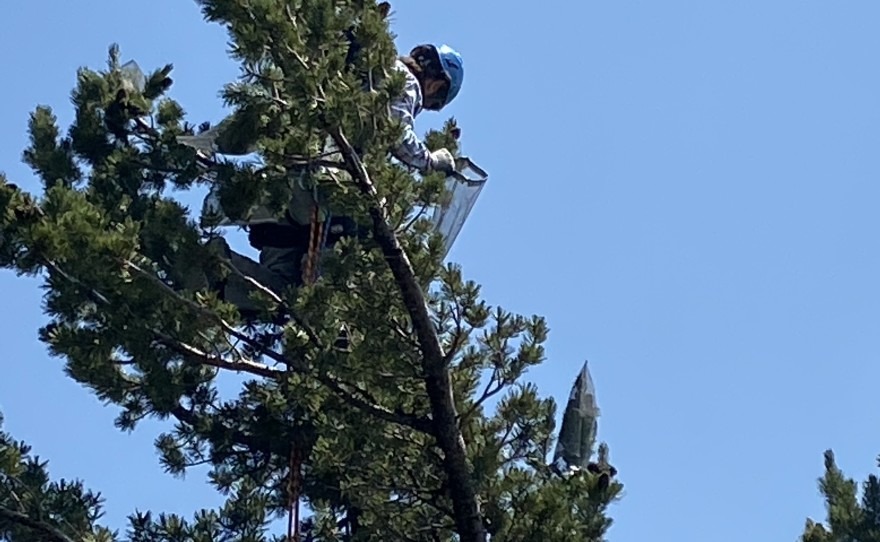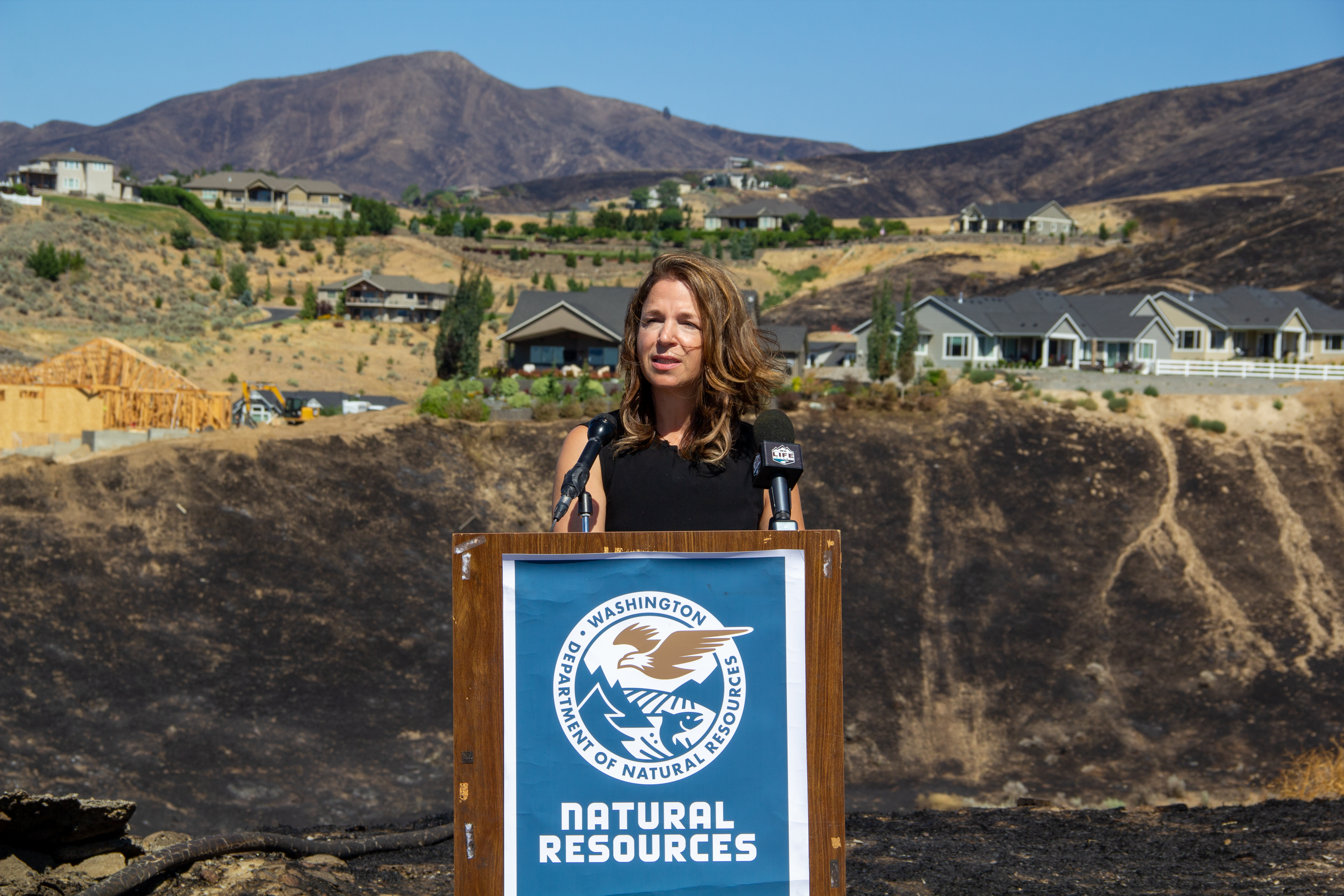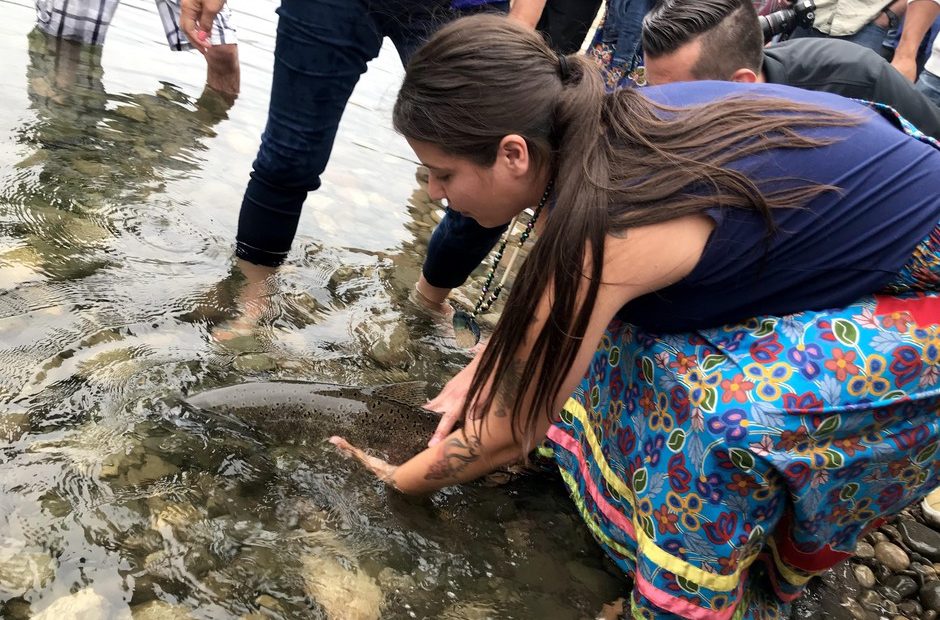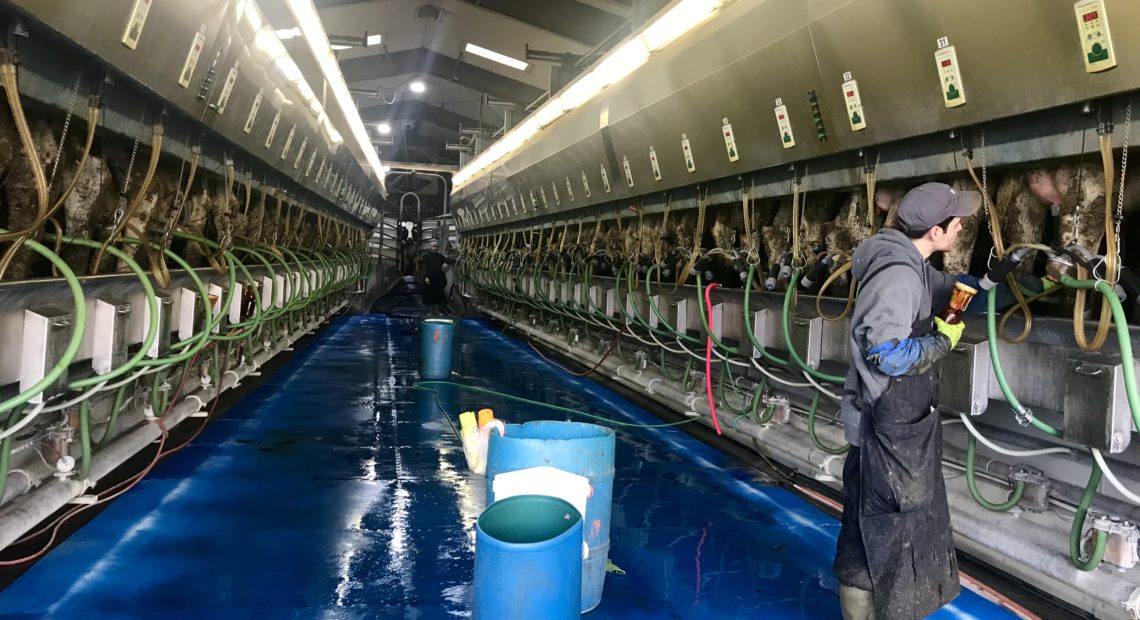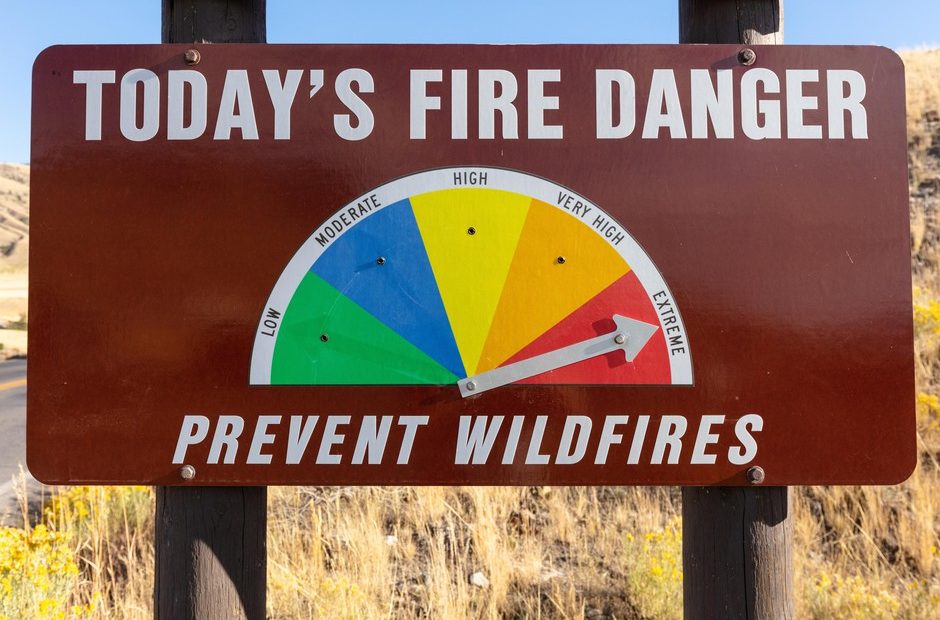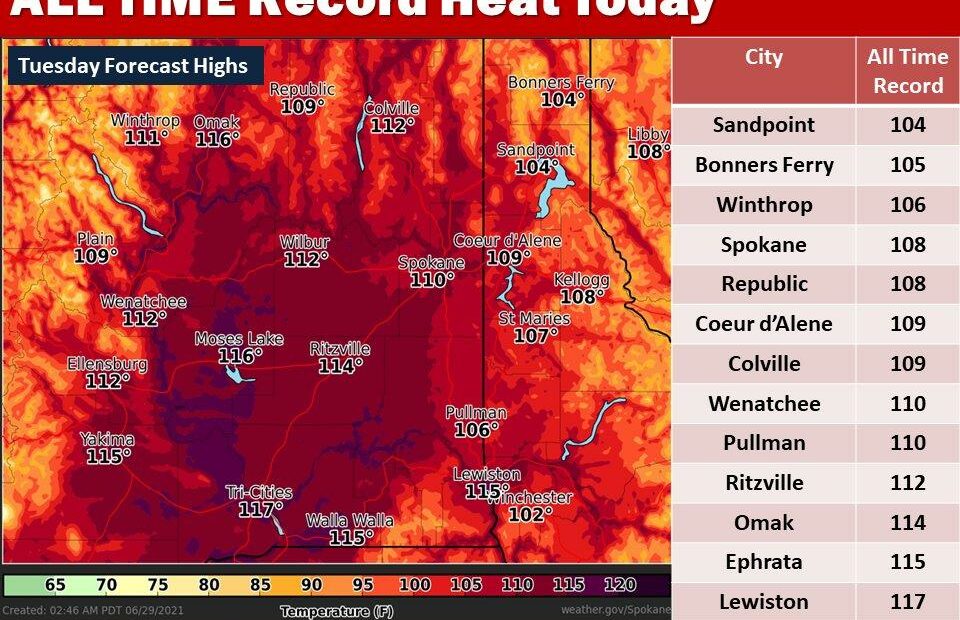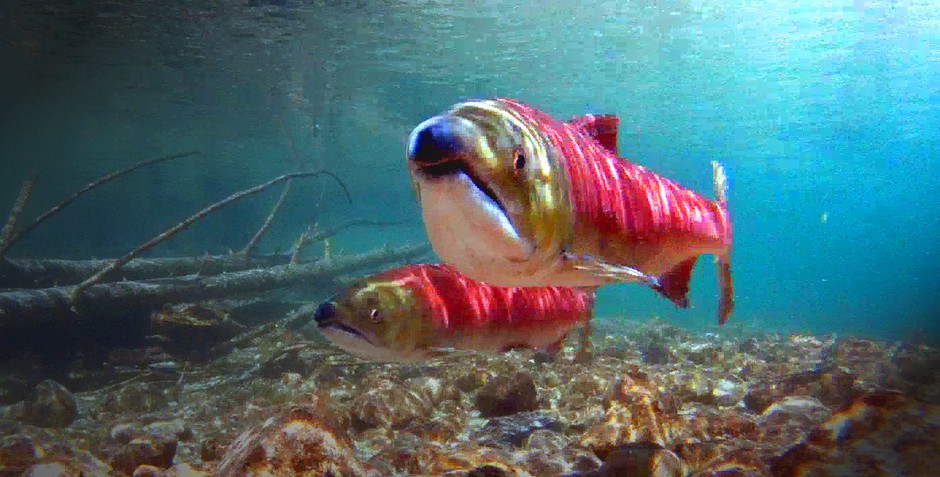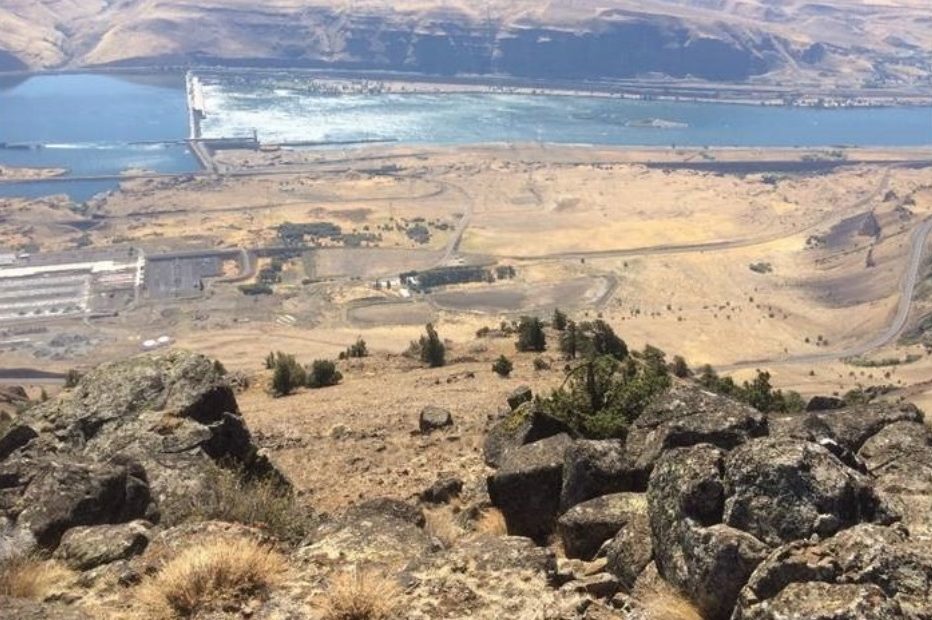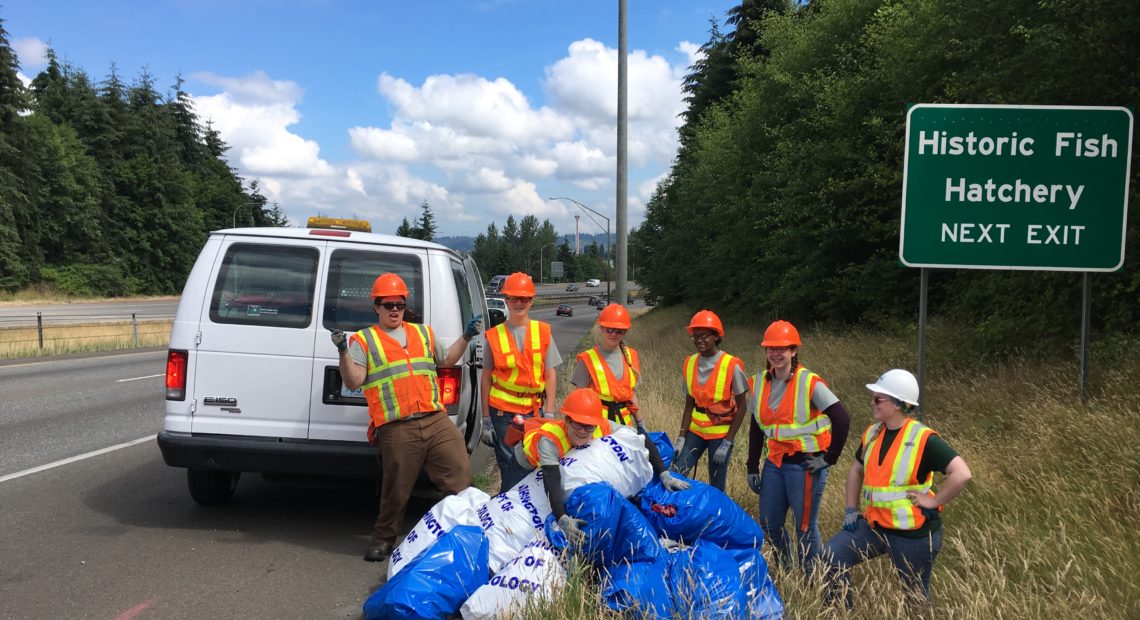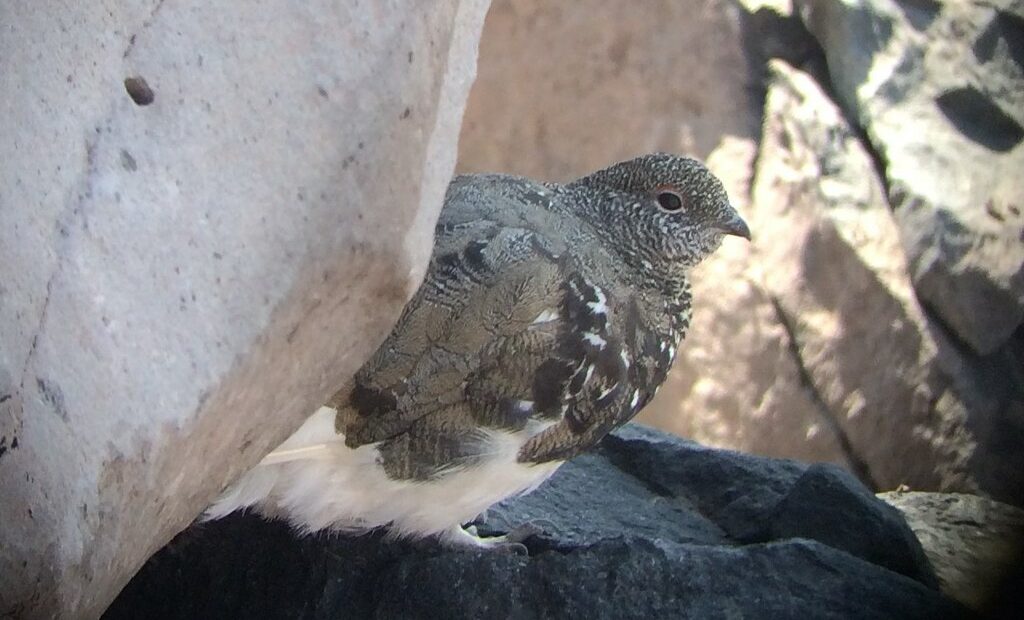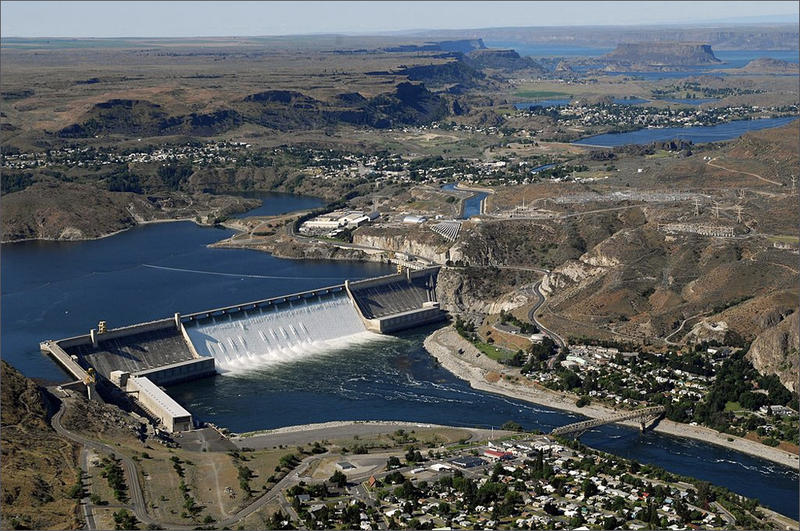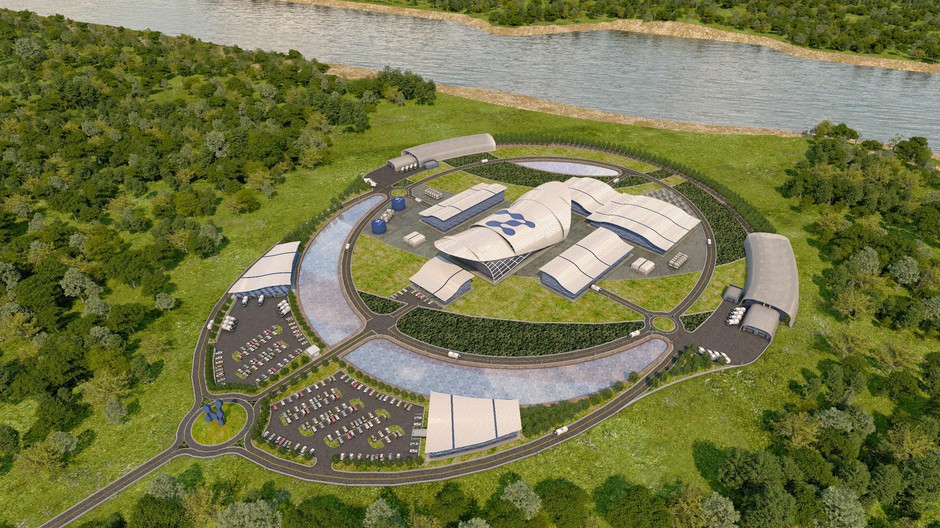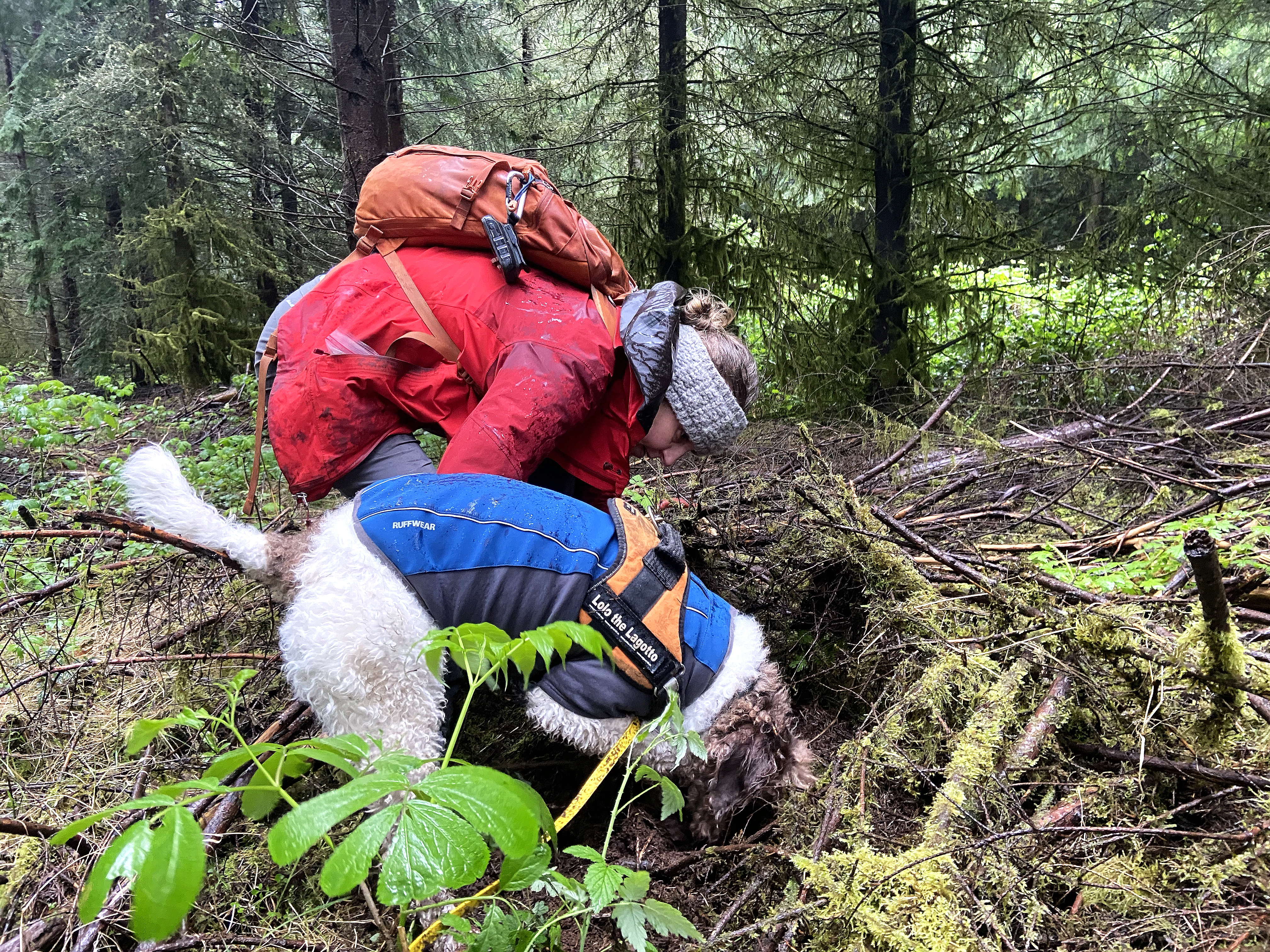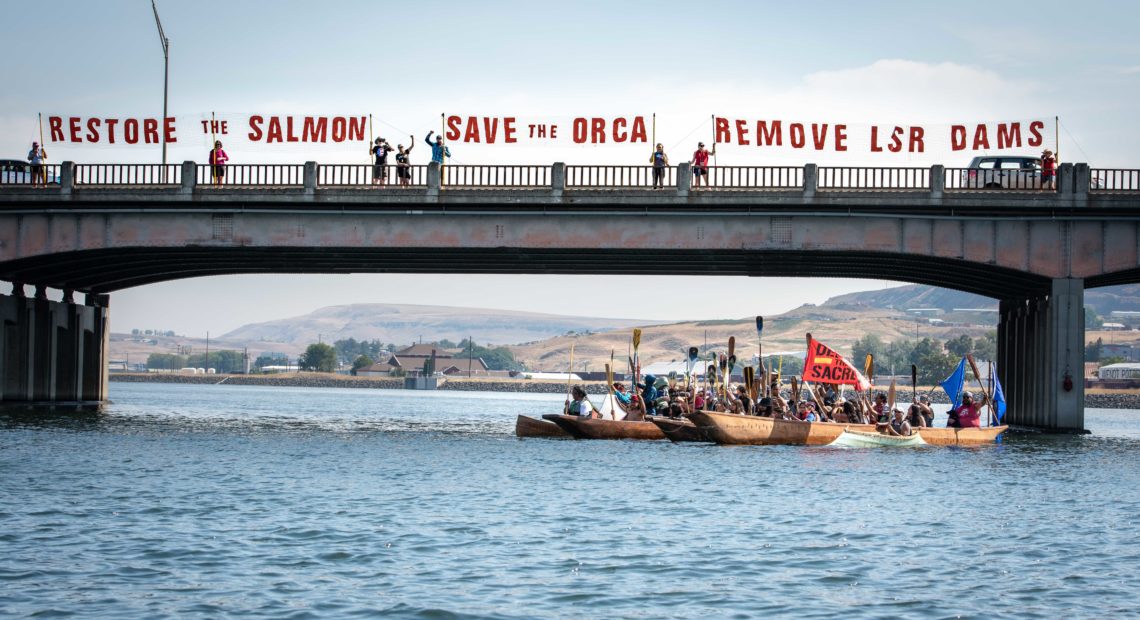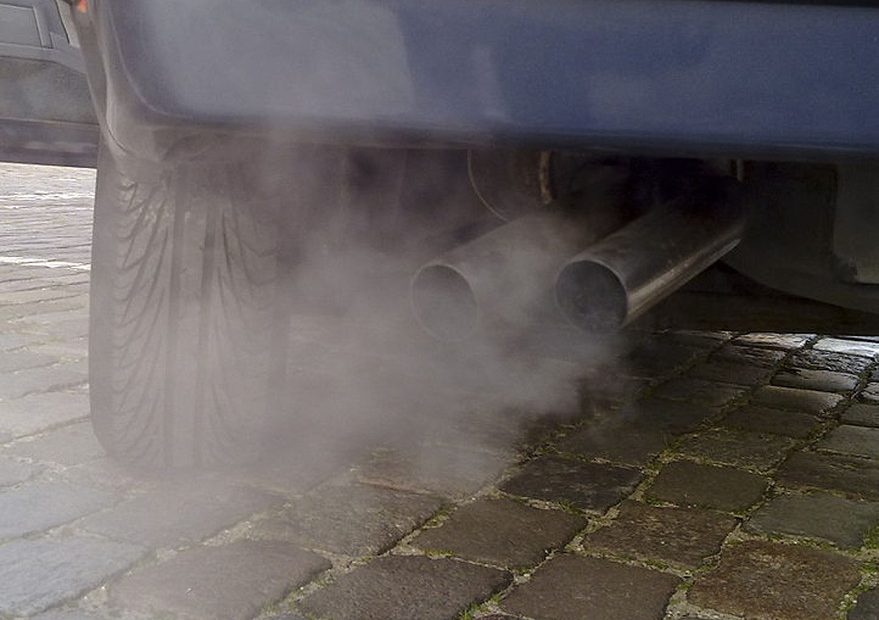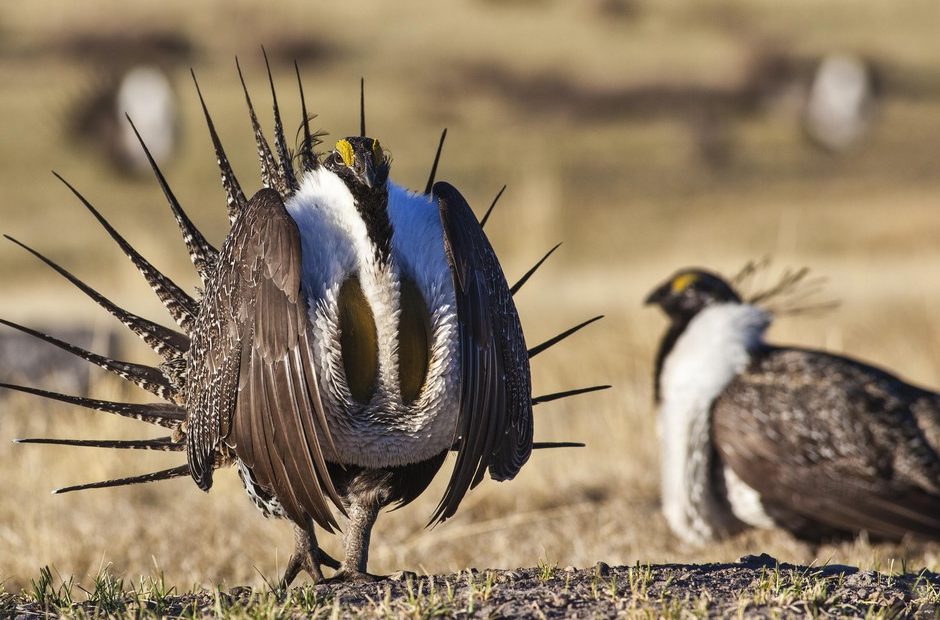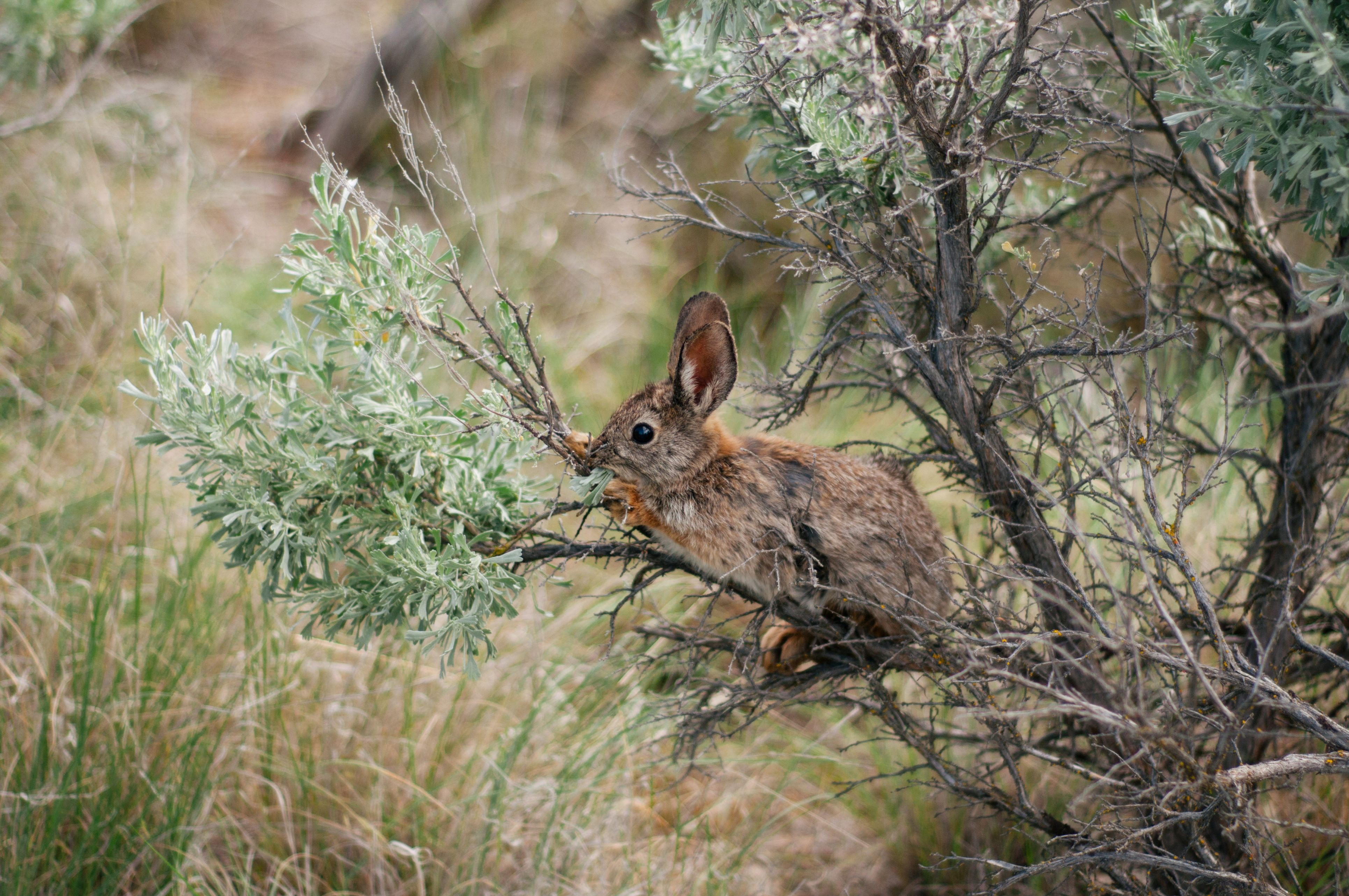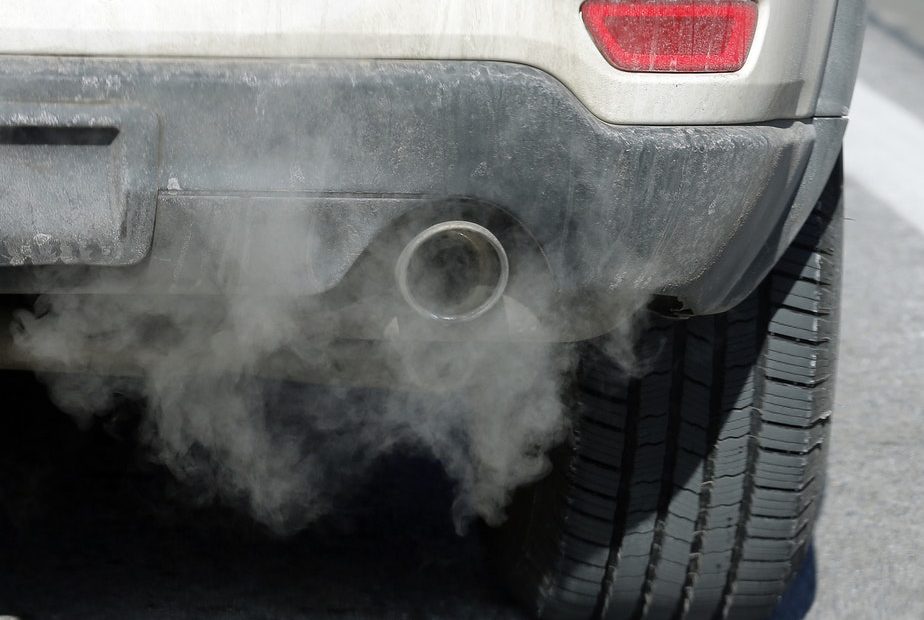Spring bear hunts in Washington are postponed for 2022, following a vote of the Washington Fish and Wildlife Commission in a meeting on Friday.Read More
Upper Columbia tribes want help to continue reintroducing salmon above Grand Coulee Dam.Read More
Tribal leaders from the Confederated Tribes and Bands of the Yakama Nation and the Confederated Tribes of Grande Ronde said that the federal government knowingly destroyed a sacred religious site near Mount Hood in 2008 when it bulldozed the area for a highway safety project. The long-running case over religious freedom was back in court Tuesday.Read More
Whiskey isn’t just for drinking anymore. A new craft whiskey is turning the old saying: “Whiskey is for drinking. Water is for fighting,” on its head. This whiskey is fighting to save salmon.Read More
One family’s continuous wildfire preparation paid off this summer in North Central Washington.Read More
Washington’s state vehicles soon will plug in instead of gas up.Read More
Washington Sen. Patty Murray and Gov. Jay Inslee said they'll listen to diverse viewpoints with open minds to recover salmon and potentially breach the four Lower Snake River dams.Read More
At a Supreme Court hearing, conservation groups argued Washington forest managers should log fewer trees.Read More
A longstanding court battle over the federal government’s plan to manage dams on the Snake and Columbia rivers could be on hold until next summer.Read More
The Washington Fish and Wildlife Commission will hear a report Friday on potential changes to the 2022 spring bear hunt season.Read More
Washington Gov. Jay Inslee says a report should come out this summer on the four controversial dams on the Lower Snake River.Read More
Salmon are now spawning in waters blocked by Grand Coulee Dam. It's the start of a larger effort to reintroduce salmon into the blocked area. Read More
A new poll supported by environmental groups found Washington voters West and East of the Cascades support dam removal.Read More
Washington State Parks will need to search for a new permanent director, after Peter Mayer resigned Wednesday.Read More
Federal regulators starting this spring will require dam operators to limit hot water pollution caused by the four Lower Snake River dams.Read More
The draft Northwest Power Plan is dramatically different from previous versions. People can comment on the plan through Nov. 19.Read More
Northwest wildlife and wildlife habitat could get a helping hand next week from the federal government.Read More
Reporter Courtney Flatt finds out who is the person in a box of old pictures. Read More
More white-tailed deer are dying in the Northwest of viruses that often cause more die-offs after hot summers and droughts.Read More
The number of ferruginous hawks in Washington continues to decline. The birds face multiple threats, including wildfires, urban sprawl and loss of prey.Read More
Fire officials hope to avoid another Labor Day weekend marked by extreme fires.Read More
Wildlife advocates sued Klickitat County Sheriff Bob Songer after he deputized hound handlers to track and kill cougars.Read More
As wildfires have burned throughout the Northwest this summer, some forest stands have fared better than others. Managers say that’s thanks, in part, to thinning and prescribed burns, which have made the stands more resilient in the face of wildfire.Read More
Whoosh Innovations said its fish passage system could transport salmon quickly over the Snake River dams – and generate $60 million over 10 years by diverting water from fish ladders to hydropower turbines.Read More
Scientists have discovered they can track fire lines and can quickly draw attention to spot fires using satellites.Read More
Northern leopard frogs are rapidly disappearing in the Northwest. Biologists hope this effort will help the population in Washington.Read More
Funding to help fix culverts could open up cold water habitat to Northwest salmon.Read More
The Confederated Tribes of the Colville Reservation says it lost more timber in 2015 than has ever burned on a U.S. reservation. The tribe is suing the federal government over the damage.Read More
President Joe Biden and Vice President Kamala Harris attend a virtual wildfire briefing with seven governors. CREDIT: Https://Www.Youtube.Com/Watch?V=PzvDeLvcQ7U The federal government is asking how it can help better fight wildfires […]Read More
This summer’s heat wave led to some unhealthy hot water for salmon. But, fish managers said it hasn’t been as devastating for salmon runs as the warm water temperatures were in 2015.Read More
If you’ve ever backpacked in the Northwest’s mountaintops, you’ve likely spent some time among whitebark pines. These important trees are bringing together researchers across the West, who want to save them from a fatal fungus.Read More
Extremely hot and dry conditions have caused some land managers to close more recreation areas than normal. Read More
Tribes across the Northwest called for immediate action to remove the four Lower Snake River dams during a two-day Salmon and Orca summit in western Washington. The group called on President Biden and congressional members to “take bold action, now.”Read More
It’s back to the drawing board for state regulators, after the Washington Court of Appeals ordered the Department of Ecology to rework permits for confined animal feeding operations, known as CAFOs. A panel of judges ruled that current waste discharge permits don’t adequately protect groundwater and don’t take climate change into account.Read More
The Northwest is primed for fire season, and not in a good way. East of the Cascades, forecasters say this year could be worse than recent record-breaking fire seasons. Read More
Right now, those all-time heat records are preliminary. It will take a committee, more measurements and tests before those numbers can be officially entered into the record books. Read More
As the mercury climbs this weekend, water temperatures are also expected to increase. Warmer waters can spell bad news for salmon, especially if the temperatures stay warm for long periods of time.Read More
A large energy storage project in Washington will have to reapply for important water quality certifications. The state recently denied the certification because officials didn’t have enough information about the Goldendale Energy Storage Project.Read More
We’ve all probably seen it: a vehicle driving down the highway with boxes and tools and furniture jammed into the back of bed. A chunk of something might fly out at any moment. It hasn’t been properly tied down. Washington State Patrol is conducting emphasis patrols to educate drivers on how to properly secure their loads.Read More
If you’ve ever been hiking in the Cascades, high up in the alpine meadows, and were spooked by a streak of a bird, a plume of feathers that darted right in front of your face, you may have come across the Mount Rainier white-tailed ptarmigan.Read More
The Colville Tribes Fish and Wildlife Department have found several chinook salmon under 1-year-old. Biologists had transported 100 fish above Grand Coulee Dam to see if the habitat made for good spawning spots.Read More
Washington’s Grant County is exploring nuclear generation in an effort to generate more carbon-free electricity. The county’s Public Utility District recently signed a deal with Oregon-based NuScale Power to figure out if a partnership might work.Read More
Northwest truffles – the fungi, not the chocolate – are becoming more popular. One reason people are finding new uses for the local delicacies is a growing trend in how they’re harvested: with dogs. Read More
A wide-ranging proposal to save wild salmon by removing the four Lower Snake River dams may be dead in the water. Washington Gov. Jay Inslee and Sen. Patty Murray say any proposal for the controversial dams needs a “science-based,” “community-driven” approach.Read More
The Upper Columbia United Tribes are working together to prove salmon can be reintroduced – and can survive – in the waters above Grand Coulee. Read More
If approved, a utility-scale solar farm would be the largest in renewable friendly Klickitat County and in Washington. But some residents say its potential location doesn’t take one important thing into account: environmental justice.Read More
The state’s new fuel standards will slowly lower the amount of heat-trapping greenhouse gasses coming out of vehicle tailpipes through 2035. That means cleaner technologies biodiesel or renewable natural gas will get a boost over gasoline and diesel.Read More
Sage grouse in the Columbia Basin are cut off from others in Oregon and southern Idaho, making them unique in their recovery. In 1998, Washington listed its sage grouse as threatened. They now occupy around 8 percent of their historic range in the state.Read More
Peter Lancaster has always had a love for rabbits. But when he first saw a pygmy rabbit – perhaps what would become the most influential animal throughout his life – he didn’t know what it was. That began years of work to try and save the species, now endangered in Washington.Read More
Lowering the amount of carbon that comes out of your tailpipe has become a quest for some Washington lawmakers. Now, new standards that would promote biofuels over gasoline are closer to becoming law than ever before.Read More

